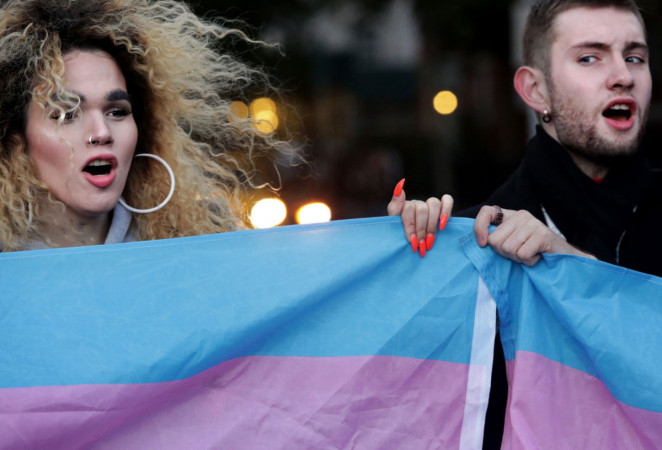ECtHR decision: the fate of 6 applicants
In the decision of the European Court of Human Rights (ECHR) issued on April 11 regarding the cases against Azerbaijan, six applicants were struck out of the Court’s list of cases
14/Apr/24
11789
The ECtHR decision: the fate of 6 applicants
In the decision of the European Court of Human Rights (ECHR) issued on April 11 regarding the cases against Azerbaijan, six applicants were struck out of the Court’s list of cases. This has raised questions about the intricacies of international human rights law and the procedural barriers to achieving justice for marginalised and isolated communities.
The decision addressed a number of human rights violations faced by LGBTQI+s in Azerbaijan, including unjustified imprisonment, ill-treatment and discrimination. Although the government of Azerbaijan has acknowledged the rights violations and offered compensation to 19 applicants, the fate of the remaining six remains unresolved.
The exclusion of these applicants from the list of cases was not arbitrary, but was based on procedural problems and substantive issues within the legal framework. In one case, the applicant died and, despite attempts to appoint a representative, insufficient documentation led to the application being struck out. In other cases, the lawyers were unable to contact the applicants, leading to the possibility that they did not intend to proceed with their claims.
LGBTQI+ rights lawyer Bayram Bayram told Minority Azerbaijan that one of the applicants was abducted and could not be contacted. One applicant withdrew their complaint and one person died. The remaining three applicants were arrested during the court case.
In addition, the ECtHR's acceptance of the Azerbaijani government's unilateral declaration and the proposed compensation have led to the conclusion that further examination of the applications is no longer justified. Although this decision is based on legal precedents and the specific circumstances of each case, it has revealed the complexity inherent in the international human rights system.
Powered by Froala Editor



